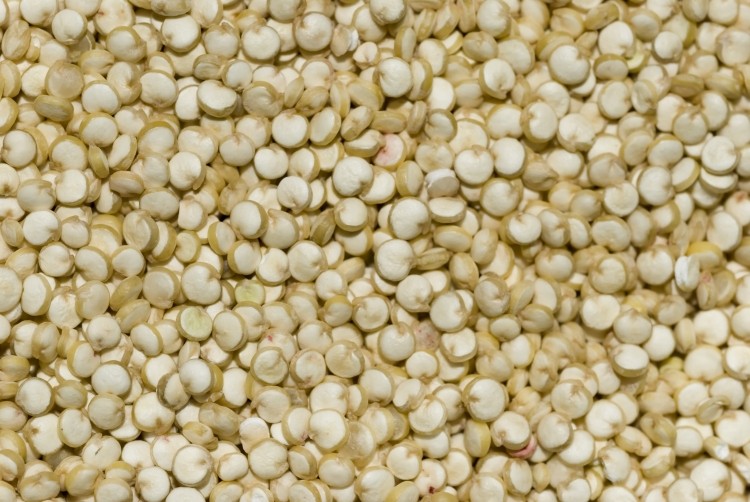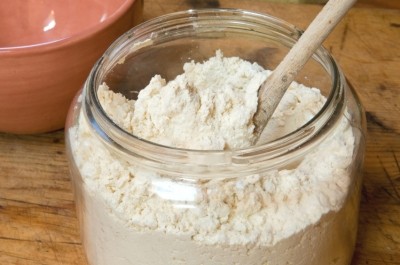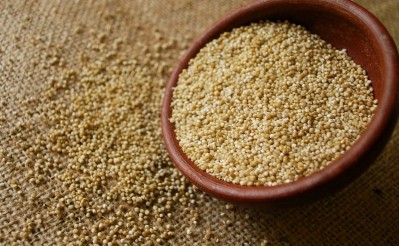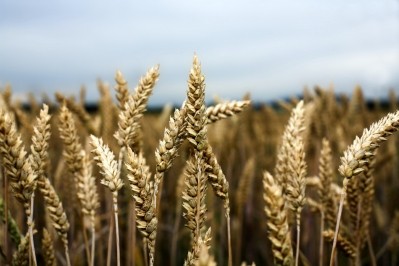Quinoa safe for celiacs, UK study says

Quinoa, a gluten-free ancient grain, is often recommended as part of traditional gluten-free diets, but previous laboratory studies had indicated it might not be good for celiac patients.
Researchers from King’s College London’s Department of Gastroenterology evaluated the effects of consuming quinoa on 19 adult celiac patients in a six-week clinical trial, finding that quinoa was well-tolerated by the participants and didn’t worsen their condition.
"The clinical data suggests that daily consumption of quinoa (50 grams) can be safely tolerated by celiac patients," said study co-author Victor F. Zevallos. "Median values for all the patients' blood tests remained within normal ranges, and triglycerides and both low and high density lipoproteins decreased. We also found a positive trend towards improved small intestine morphology, particular a mild hypocholesterolemic (very low cholesterol) effect."
Celiac disease is not an allergy or food intolerance, but rather an immune-based reaction where the body attacks its own tissues. The autoimmune reaction is triggered by protein components of gluten (gliadins and glutenins) found in cereals such as wheat, barley, rye and some oats. The only current solution is to exclude gluten from the diet.
Study details
For the study, the researchers tracked 19 celiac patients as they consumed 50 grams of quinoa every day for six weeks as part of their gluten-free diet. The participants were free to choose how they cooked the quinoa. The researchers evaluated diet, serology and gastrointerestinal parameters, as well as detailed histological assessments of 10 of the patients before and after consuming quinoa.
The researchers kept track of participants’ health through blood, liver and kidney tests. Iron, vitamin B12, serum folate and lipid profiles were also used to determine the effects of quinoa on the patients' gluten-free diet.
Further studies are needed to determine the long-term effects of quinoa consumptions in people with celiac disease.
Source: American Journal of Gastroenterology
“Gastrointestinal Effects of Eating Quinoa (Chenopodium quinoa Willd.) in Celiac Patients”
Authors: Victor F Zevallos, L Irene Herencia, Fuju Chang, Suzanne Donnelly, H Julia Ellis and Paul J Ciclitira
















